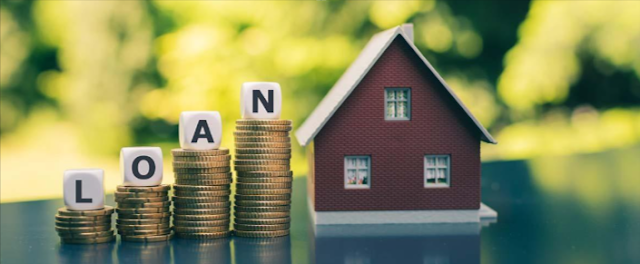Loan modifications can be an incredibly helpful tool for anyone struggling to pay their mortgage or other loan payments. They are a way of restructuring the terms of a loan, and in many cases, they can help borrowers get back on track with their payments and make them more manageable.
But what is a loan modification, exactly? Let's take a look.
A loan modification is when the lender agrees to modify the terms of the loan in order to make it more affordable for the borrower. This could mean reducing the interest rate, extending the term of the loan, or both.
In order to qualify for a loan modification, you must demonstrate financial hardship and provide evidence that you are unable to make your current payments.
The main benefit of taking out a loan modification is that it can provide much-needed relief from high monthly payments and reduce financial stress during difficult times.
One thing to keep in mind when getting a loan modification is that it will affect your credit score—both positively and negatively.
What is a Loan Modification?
A loan modification is when the lender agrees to modify the terms of the loan in order to make it more affordable for the borrower. This could mean reducing the interest rate, extending the term of the loan, or both.
It's important to note that not all lenders offer loan modifications—it's up to each individual lender's discretion whether or not they will work with you on this type of arrangement.
How Does It Work?
In order to qualify for a loan modification, you must demonstrate financial hardship and provide evidence that you are unable to make your current payments.
If your request is approved by the lender, then they will modify your existing loan so that it better fits your budget and needs. The actual process for obtaining a loan modification varies depending on your lender.
However, generally speaking, it involves submitting an application along with documentation outlining your financial situation and requesting specific changes to the terms of your existing loan.
What Are The Benefits of Loan Modifications?
The main benefit of taking out a loan modification is that it can provide much-needed relief from high monthly payments and reduce financial stress during difficult times.
Additionally, if you are able to successfully obtain a lower interest rate as part of your modification agreement, you may even be able to save money over time!
In some cases, lenders may also waive certain late fees or penalties associated with missed payments as part of a successful agreement.
Are There Any Downsides To Getting A Loan Modification?
One thing to keep in mind when getting a loan modification is that it will affect your credit score—both positively and negatively.
On the one hand, if you successfully make all payments after modifying your loan agreement, then this will reflect positively on your credit score over time.
However, if there is any delay or missed payment, then this could cause some issues down the line. It’s important to keep in mind that even if you do end up getting a positive outcome from getting a loan modification, it won’t happen overnight—it may take several months before you see results on your credit score report.
Overall, loan modifications can be an attractive option for borrowers who are struggling financially but still want to keep their home or other assets secure—however, it's important to remember that not all lenders offer this service and that there may be additional costs associated with getting one approved by yours.
Overall, loan modifications can be an attractive option for borrowers who are struggling financially but still want to keep their home or other assets secure—however, it's important to remember that not all lenders offer this service and that there may be additional costs associated with getting one approved by yours.
If you think this option might work for you, talk to your lender about what steps need to be taken in order for them to consider approving your request!






.jpg)








